Le Figaro has published a candid analysis of the European Union's dramatic migration crisis, arguing that wheres Europeans have managed to present a united front against the imperialist ambitions of Vladimir Putin, the current immigration issue threatens to tear this unity apart. The author of the article also adds that,
similar to the Russian threat, most European countries have long lived in triple denial. They have refused to acknowledge the political, economic and cultural disruption caused by uncontrolled mass immigration.
According to experts, the European Union is helpless and weakened in the face of the migration challenge, and the crisis has triggered a conflict between France, Germany and Italy. Some analysts are even suggesting that the unprecedented migration crisis in Europe may have been caused by Russia, in a bid to weaken unity.
According to the daily Le Figaro newspaper, the EU's Brussels-based leadership has turned a blind eye to the unrest among society's middle classes as well as in the countryside caused by the urban elites' desire to continue to impose a multicultural model whose limits and tensions have finally been exposed. Nor has Brussels been willing to accept the link between the rise of nationalist and populist parties and the increase in immigration, the author writes in his piece, also quoted by the international V4NA news agency, citing the rise of the right wing in Spain, Italy and Germany, as an example.
In Spain, the right wing's failure to make it into government boiled down to just a few mandates. In Italy, the right wing led by PM Giorgia Meloni was strong enough to form a cabinet, while in Germany the right-wing Alternative for Germany (AfD) is already the second most popular political party by a wide margin, and has recently elected mayors in several cities.
A study by the German Marshall Fund shows that 11 out of 14 European countries see immigration and climate change as the most important challenges facing the continent. Only Poland, Romania and Lithuania consider Russia to be the most crucial security issue. In France and Germany, immigration is seen as the biggest challenge.
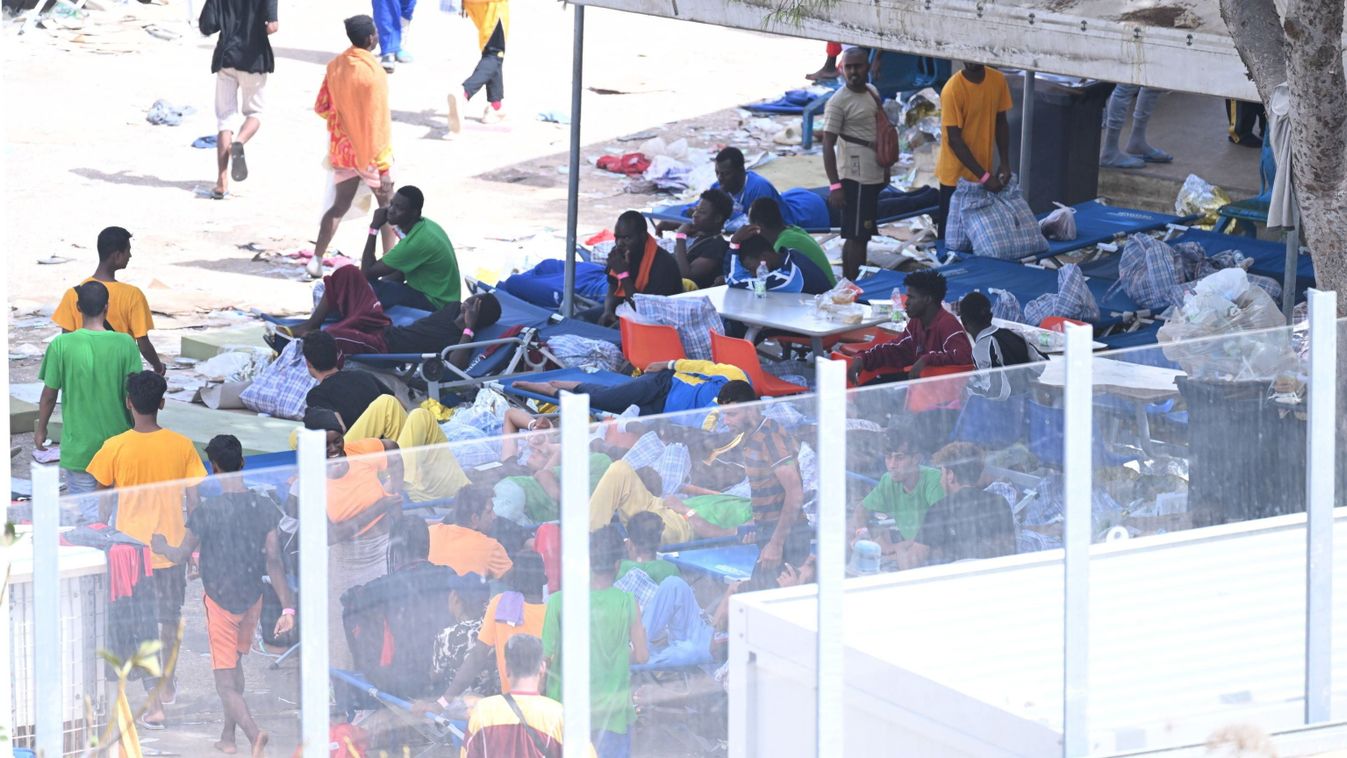
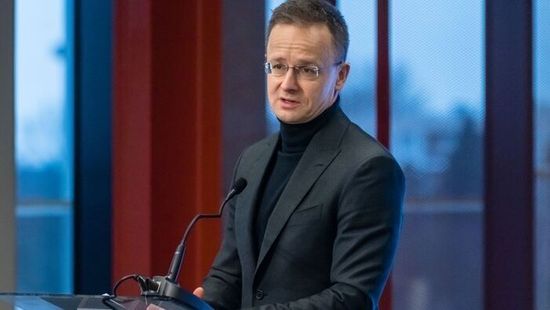
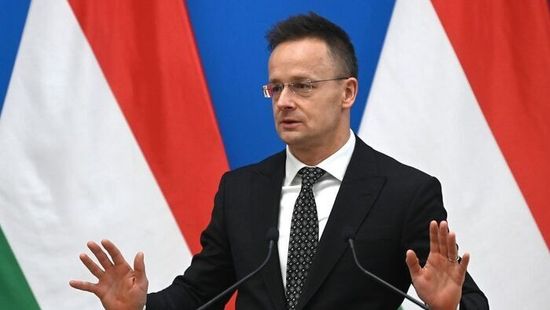
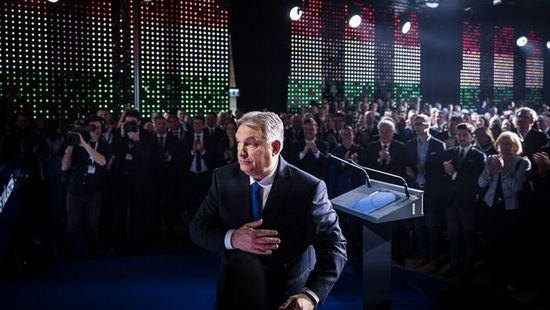



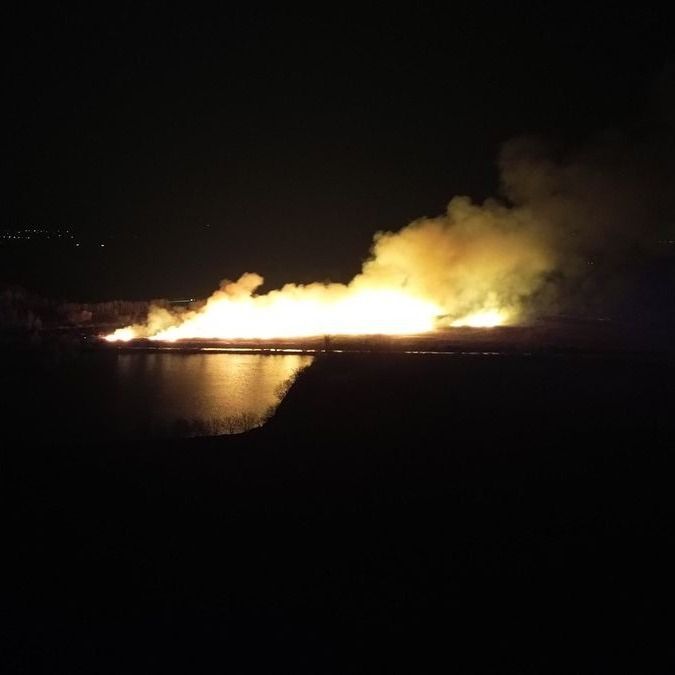
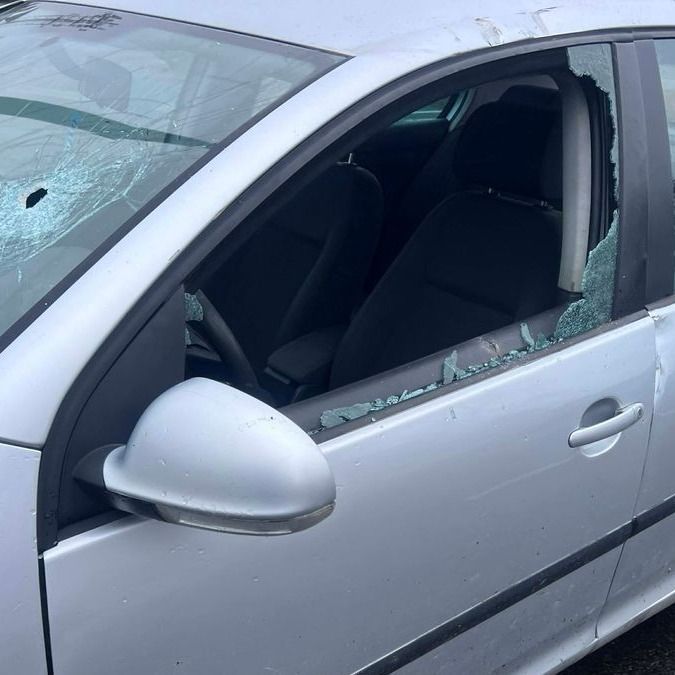
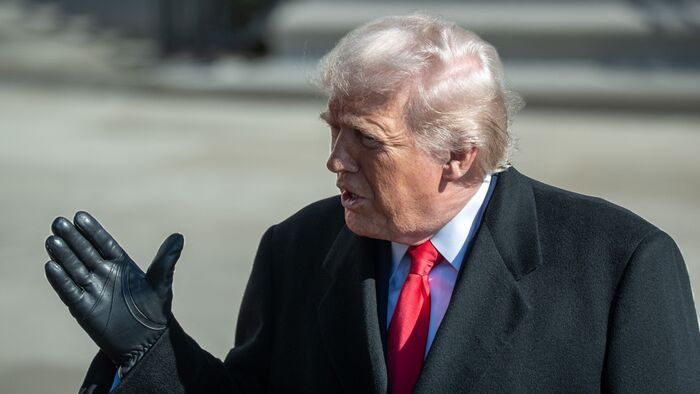

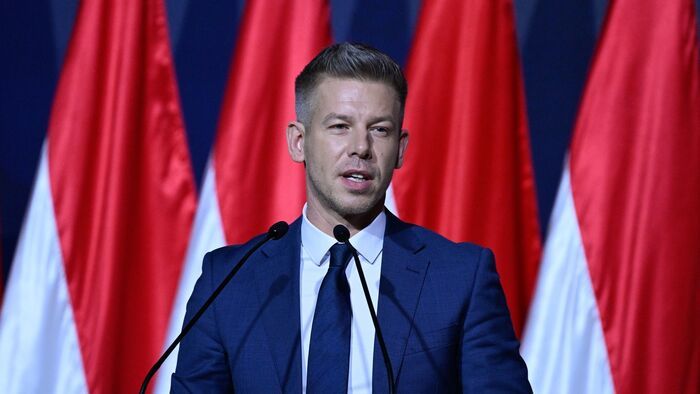
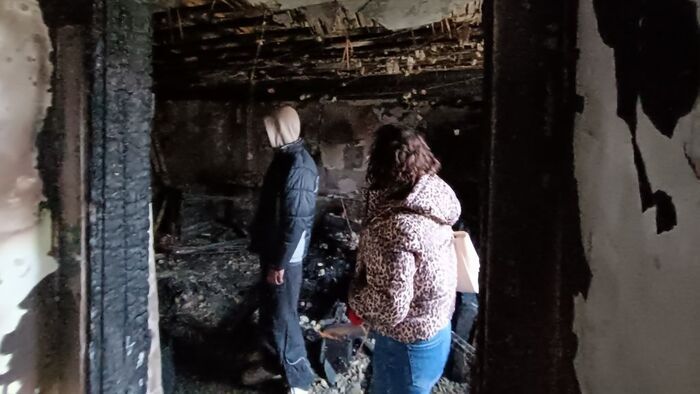
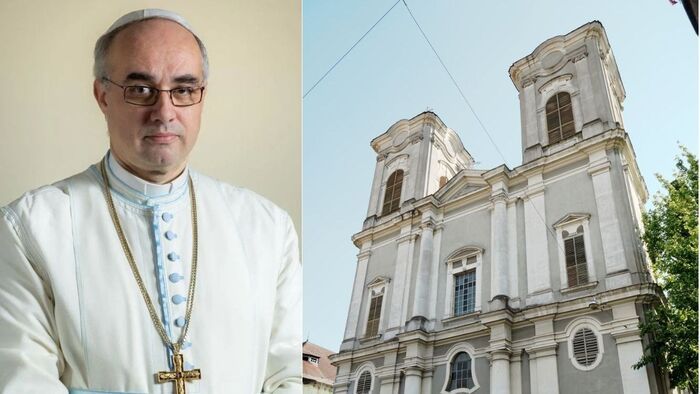
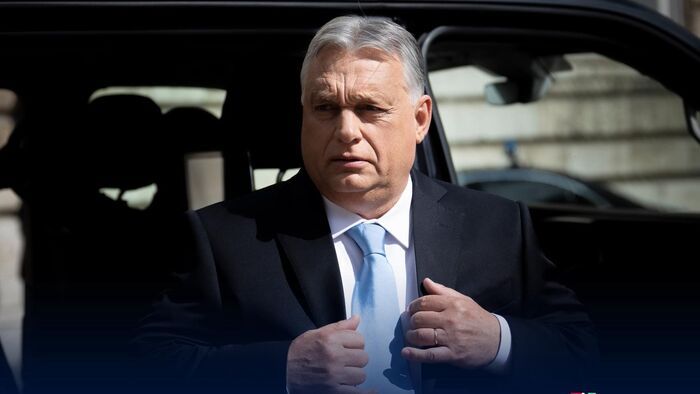
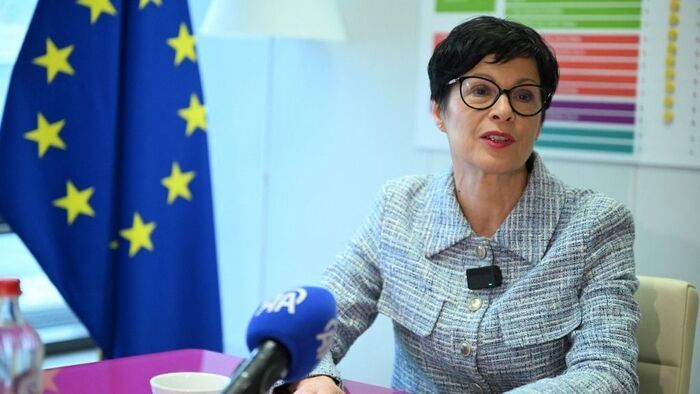
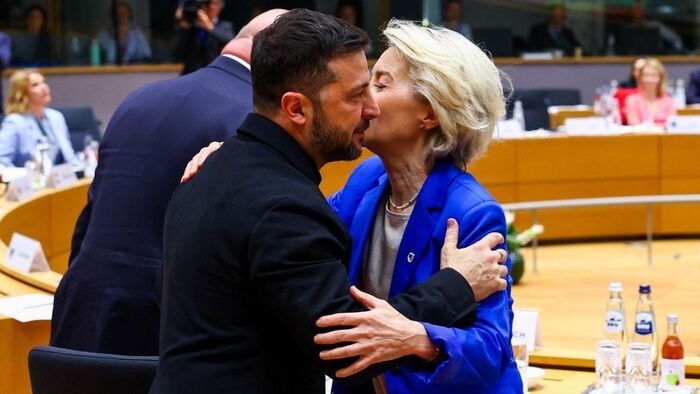
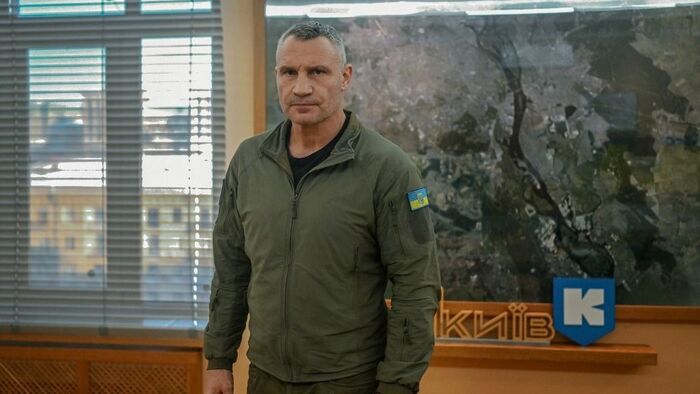


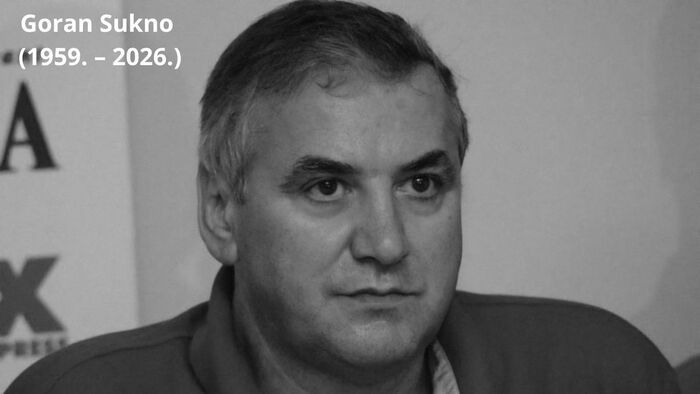


Szóljon hozzá!
Jelenleg csak a hozzászólások egy kis részét látja. Hozzászóláshoz és a további kommentek megtekintéséhez lépjen be, vagy regisztráljon!